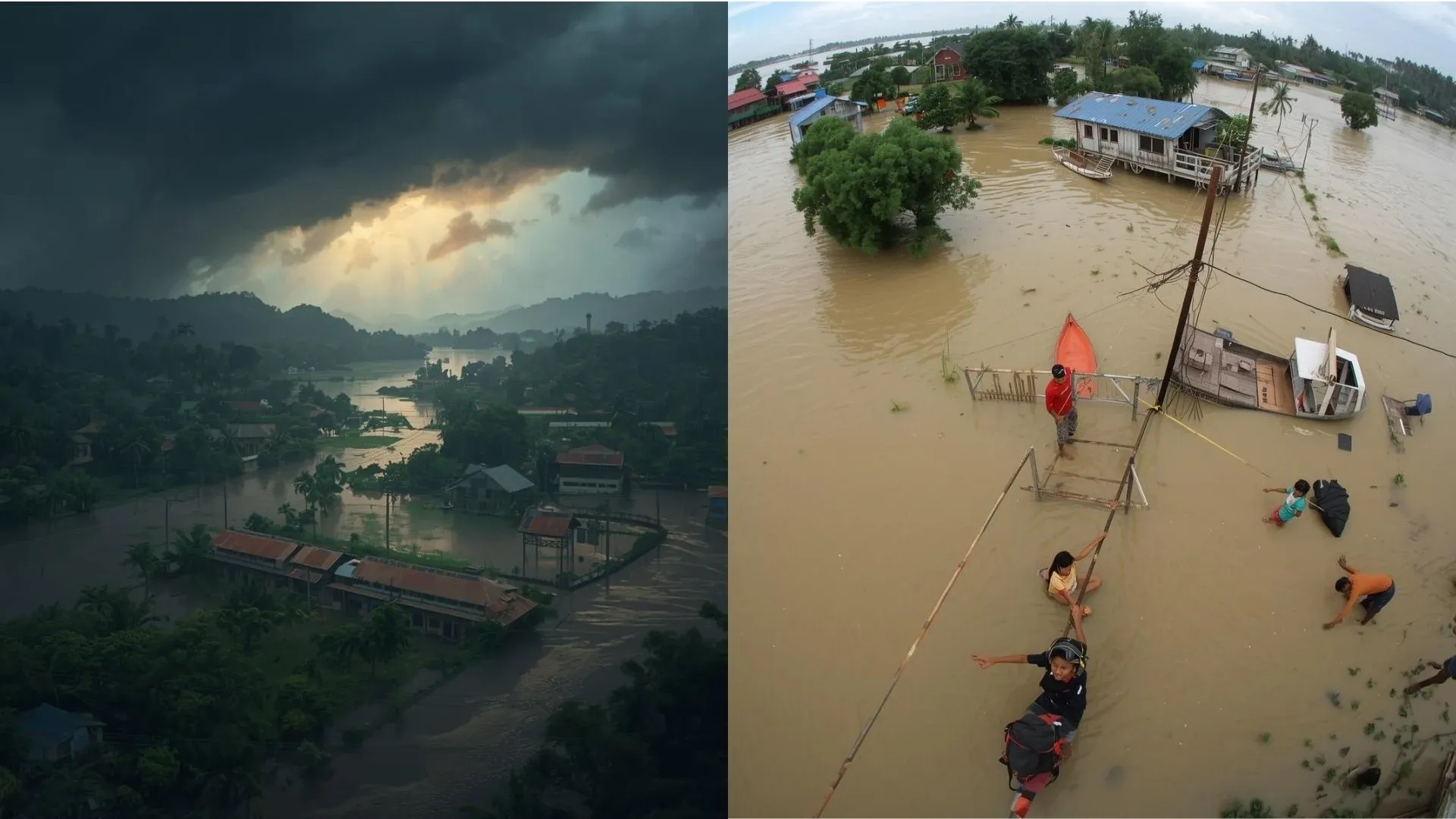India’s Banking Sector: Still Warming Up to Climate Responsibility
Despite growing global urgency around climate resilience and sustainability, India's banking sector appears to be inching forward—when it should be sprinting.
A recent assessment by Climate Risk Horizons (CRH) of the 35 largest Indian banks by market capitalization has laid bare a troubling reality: only a handful of these financial giants have made real strides in emissions disclosure, climate risk mitigation, or coal divestment. Most still lack a coherent strategy to navigate the climate crisis.
Live Weather Across The Country (Click here)
Of the 35, only seven banks disclose Scope 1, 2, and 3 emissions- a baseline requirement for transparency. Even fewer have adopted actionable climate risk frameworks or set credible net-zero pathways. While five banks have declared net-zero targets, none has outlined a clear, measurable route to get there.
This lack of depth in climate commitment is worrying, especially considering that banks are the backbone of capital flow. What they choose to finance (or not) will define India’s climate trajectory.
There are glimmers of hope. Climate scenario analysis and risk management are gaining traction. A small but growing number of banks are aligning with global frameworks like the PCAF (Partnership for Carbon Accounting Financials) and SDGs (Sustainable Development Goals). But the pace of transformation is slow, and the need for regulatory clarity, data transparency, and capacity building has never been more urgent.
The Reserve Bank of India, along with policymakers and industry leaders, must step up. We don’t just need green finance in theory—we need actionable, auditable change on the ground.
It’s not just about climate anymore. It’s about credibility, trust, and the future of responsible finance in India.


















